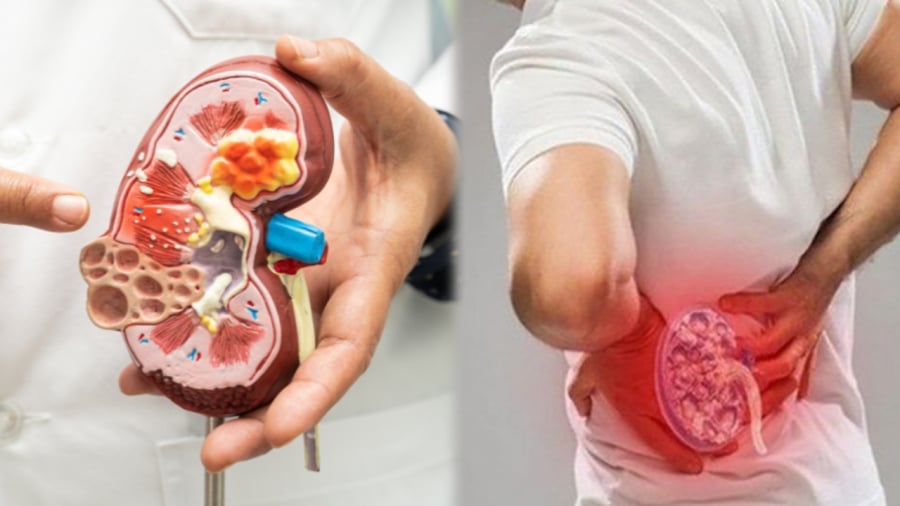Changes in Urination Frequency and Volume
Alterations in urination habits are a clear sign of kidney issues. Weak kidneys lead to a reduced ability to concentrate urine, resulting in increased urination, even without consuming large amounts of fluid.
Severely damaged kidneys may decrease urine output or even halt it entirely. Additionally, the urine may exhibit abnormal characteristics, such as a dark color, the presence of blood or froth, or a strong, foul odor. These are indicators of possible urinary tract infections, kidney stones, or other kidney-related problems.
Other conditions, such as diabetes, prostate enlargement, or pregnancy, can also lead to changes in urination patterns.
If you notice any of these abnormal signs, it is advisable to consult a doctor to identify any underlying health issues.
Edema
Renal dysfunction impairs the body’s ability to eliminate excess fluid, resulting in edema, or fluid retention.
Edema caused by kidney problems is often accompanied by symptoms like fatigue, shortness of breath, and loss of appetite.
Untreated, edema can spread and lead to serious complications. It commonly occurs in the ankles and feet, with swelling more prominent in the morning or after prolonged standing or sitting. Edema may also affect the hands, causing finger swelling and impairing movement, and the face, particularly the area around the eyes.

The presence of certain abnormal signs, such as changes in urination patterns, edema, or back pain, could indicate kidney problems. It is advisable to seek early medical attention to detect any potential health issues.
Back Pain
Back pain can be indicative of various conditions, including kidney problems. It is important to differentiate back pain caused by kidney issues from that resulting from spinal degeneration or a herniated disc. If you experience persistent back pain in conjunction with other symptoms of kidney dysfunction, consult a doctor as soon as possible.
Back pain related to kidney problems typically occurs in the lumbar region, on either side of the spine, near the kidneys. The pain can be either dull and constant or sharp and intense. Pressing on the lumbar region may increase the pain, which can radiate to the groin or legs. Additionally, back pain may be accompanied by fever, nausea, vomiting, frequent and painful urination, and other symptoms.
Fatigue and Lack of Energy
The kidneys produce erythropoietin (EPO), a hormone that stimulates red blood cell production. When kidney function declines, EPO levels decrease, leading to anemia, characterized by fatigue, exhaustion despite adequate rest, memory impairment, difficulty concentrating, pale skin, dizziness, and headaches.
Fatigue caused by kidney weakness tends to be persistent and unrelenting, even after rest.
If you experience prolonged fatigue without a clear cause, it is advisable to consult a doctor for a health evaluation.
Itching and Discomfort
Renal dysfunction results in the accumulation of toxins in the body, leading to itching and discomfort. This is particularly noticeable in the back, which is rich in nerve endings. The buildup of toxins stimulates these nerves, causing an itching sensation.
Additionally, kidney problems can cause abdominal itching due to fluid accumulation in the abdomen or itching in the arms and legs.
The itching associated with kidney dysfunction tends to be persistent, intense, and challenging to manage. Moisturizers or antihistamines typically provide little relief in such cases.





































